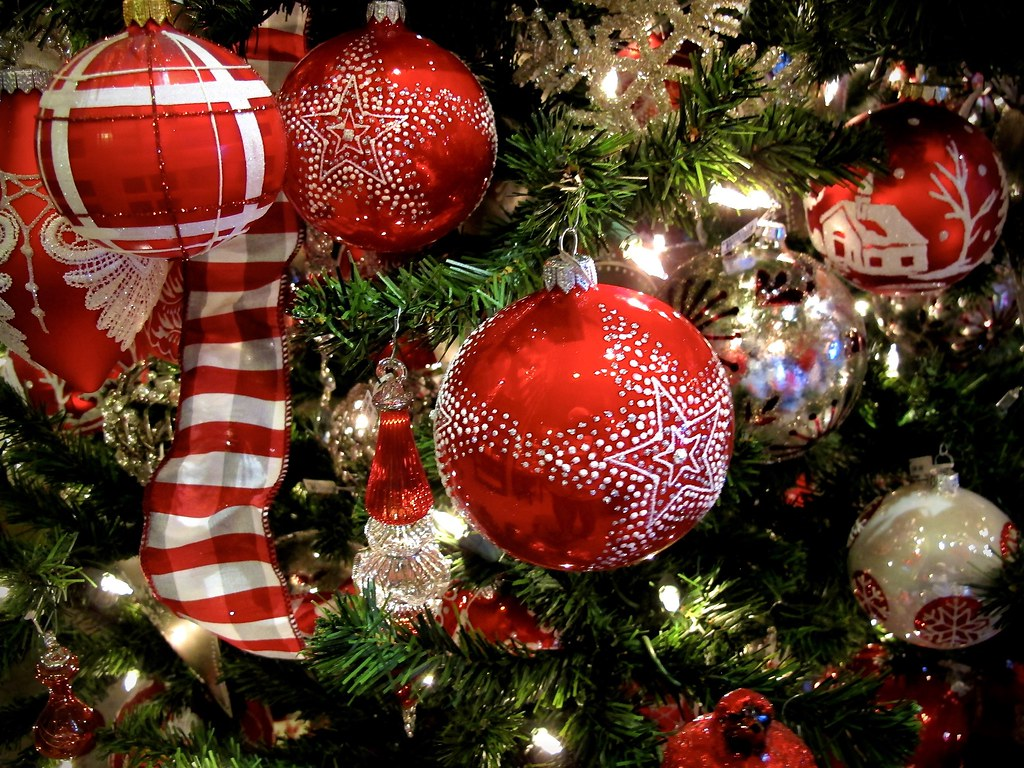The history of Christmas and the meaning behind it comes from many centuries ago. Jesus Christ was first connected to the 25th of December in the fourth century. Early celebrations of Christmas Day are thought to be from Roman and other European festivals that marked the last days of Harvest, and the Winter Solstice. Part of this celebration comes with decorating homes with greenery, gift giving, singing songs, and eating foods specialized just for the day of the celebration.
Not only does the 25th of December represent celebration but it also represents the birth of Jesus Christ, who is worshiped as the Son of God in Christianity. Christmas initiates the season of Christmastide, which in the West, lasts twelve days in which the twelfth day is the most important. Christmas Day is a public holiday, and although it is celebrated by many Christians, it’s also celebrated culturally by many non-Christians. There were many different hypotheses as to why Jesus Christ was born on December 25th, one is because it corresponds to the traditional date of the winter solstice on the Roman Calendar. It is also exactly nine months after the Annunciation on March 25th, which is also the date of the Spring Equinox. Also, some Christians celebrate Christmas because they believe that God came into the world in the form of a man to atone for the sins of humanity, rather than knowing Jesus Christ’s exact birth date, which is considered to be the main reason for celebrating Christmas.
The holiday continued to develop more and more with the legend of St. Nicholas and although much of his history is unconfirmed, the man who became St. Nicholas lived in the fourth century and was believed to be a bishop in Asia Manor. Some countries named him “Their Patron Saint”. He’s also known as the Patron Saint of children for protecting them, sailors for saving them at sea, and to the poor whom he generously gave gifts. The feast of St. Nicholas
was on December 6th and because Christmas Day and the feast were so close together, their traditions soon became combined. St. Nicholas soon had different names for different countries like Sinister Klaas, Father Christmas, Pere Noel, Klaasbuur, Rauklas, and Santa Claus.
Christmas all around has come a long way throughout the centuries and will continue to be something everyone everywhere loves and celebrates. Now that you’ve read an article about the history of Christmas, go buy a present for your family members!







